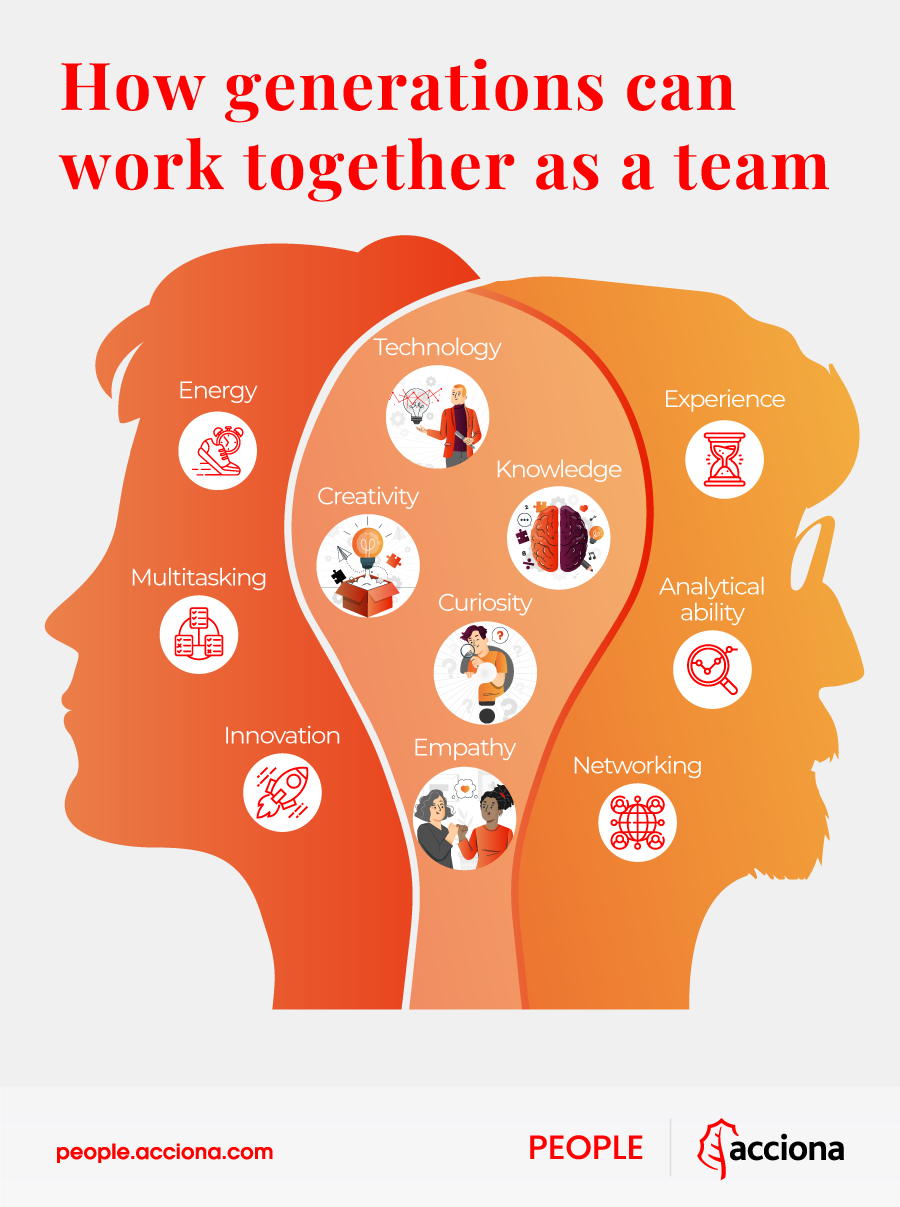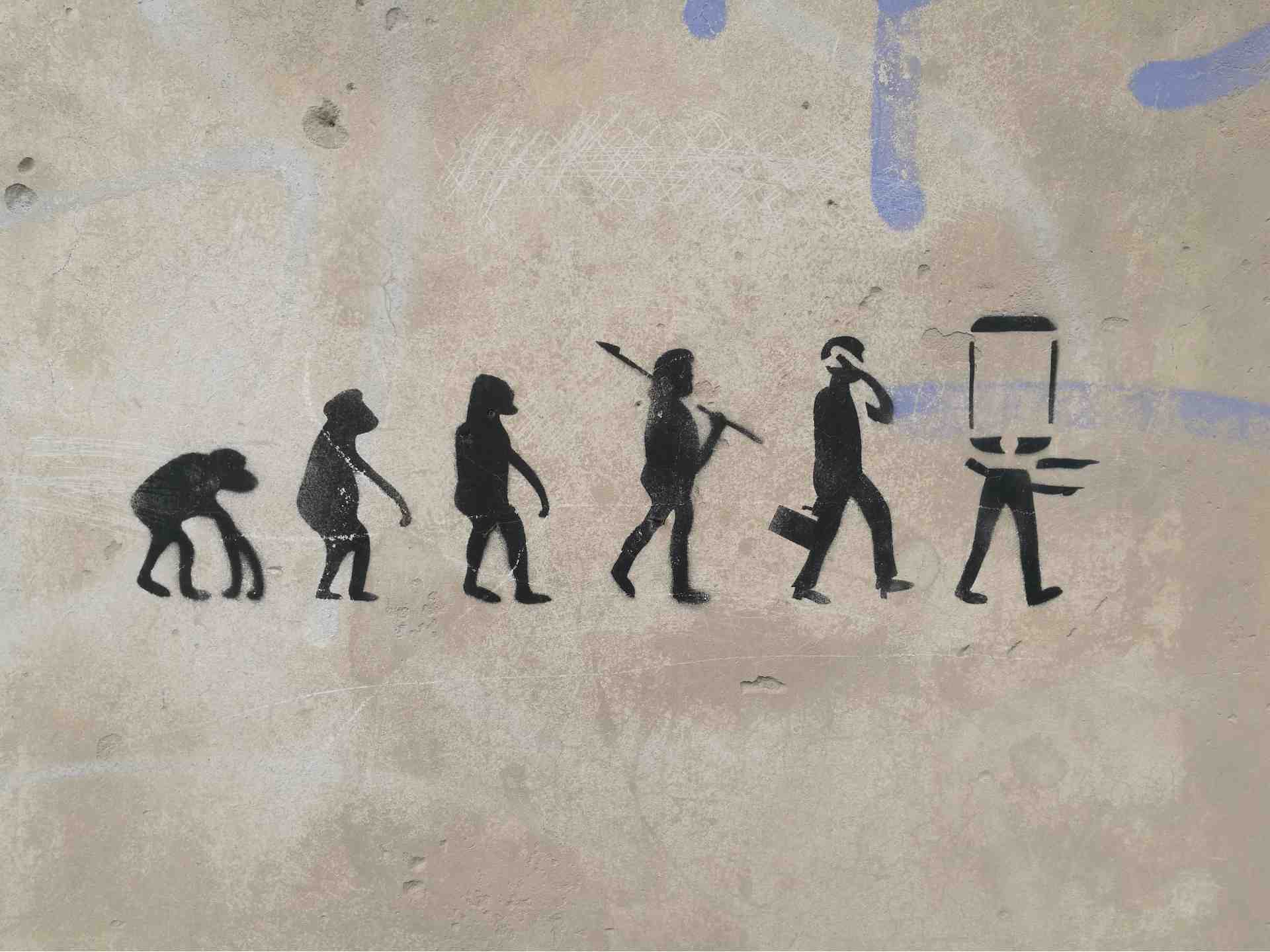In ancient Greece, the philosopher Socrates was at the centre of a storm of criticism from the older generation. Considered a provocateur, his Socratic method of questioning everything established represented a threat to traditional values. The older generation saw him as a subversive figure, capable of sowing doubt among the young, who were beginning to challenge the principles that had hitherto been unquestioned.
This generational conflict, which extended beyond the streets of Athens and resonated in the forums of thought, reflects a pattern that has persisted throughout history: the tension between the old and the new, between accumulated wisdom and the relentless search for new truths. Yet these kinds of clashes are, in reality, a gateway to progress, to new ways of doing and thinking about things.
Today, in a world where five or even six generations coexist in the same workspace, we have an unprecedented opportunity to replicate this intergenerational alchemy. While we often focus on what separates us, the real intelligence lies in harnessing the diversity that this multiple coexistence offers us.
What will I read about in this article?
Generational conflicts, an invention of stereotypes
Generational conflicts are presented as recurring narratives that, rather than reflecting an immutable reality, seem to cling to stereotypes that simplify the complexity of human interactions. Baby boomers are referred to as resistant to change, millennials as technology-dependent and Generation Z as impatient.

